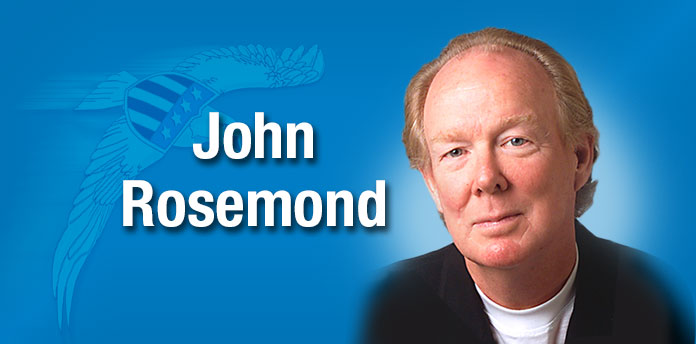This is the Age of the Parenting Cult, the latest iteration of which is so-called “gentle parenting.” GP is the latest attempt by America’s mental health industry to persuade moms (today’s all-too typical dad is a mere “parenting aide”) to approach discipline such that both child behavior and child mental health problems increase, which they have, and dramatically so, since the early 1970s, when parents began taking their marching orders from psychologists and the like (full disclosure: yours truly is a psychologist).
Lots of moms responded to my recent column on gentle parenting. Comments ranged from “You obviously don’t understand” to testimonies of being excluded from the Good Mommy Club for the offenses of scolding and even (gasp!) punishing children for misbehavior.
One not-so-gentle mom wrote, “A mother who doesn’t toe the gentle parenting line is going to find herself socially isolated, which means her child is effectively isolated as well.”
That describes a cult mentality. Cults demand conformity and want members to believe that those outside the cult represent some sort of threat. A cult’s defining doctrine is either patently false, unprovable, or both.
Consider the claim recently advanced by a child psychologist that GP, when applied properly, promotes “confidence, independence, self-esteem, and strong emotion regulation skills” (“4 questions about gentle parenting, answered by a child psychologist,” cnbc.com, 10/23/2022).
No legitimate research would support that rather hyperbolic claim. However, the gold standard of research into childrearing outcomes found that children raised by parents who set and enforce firm limits and punish premeditated misbehavior score highest on scales of well-being. Unfortunately, facts mean nothing to a cult’s true believers.
The psychologist cited above claims that children are “inherently ‘good’” and that most misbehavior is a consequence of “emotional dysregulation.” In other words, misbehavior is not intentional; therefore, punishment is inappropriate.
The unpleasant truth: children are sociopaths-in-the-making. Both the toddler and the adult sociopath believe they are entitled to what they want and that ends justify means. To claim that a toddler who is shrieking like a banshee and trying to gouge his mother’s eyeballs from their sockets because she will not yield to his unreasonable demands is fundamentally moral is absurd. He is fundamentally sociopathic and requires calmly resolute discipline, lest he still be sociopathic when he is a teen.
Unfortunately, largely because of professional parenting propaganda of the GP sort, calm, resolute discipline has become an endangered species. In its place we now have “Yada-Yada Discipline,” which does nothing but increase carbon dioxide in the atmosphere.
In closing, I will simply point out that mental health professionals created America’s ubiquitous child discipline problem and mental health professionals are the only people benefitting from it.
[Family psychologist John Rosemond: johnrosemond.com, parentguru.com. Copyright 2022, John K. Rosemond]











Leave a Comment
You must be logged in to post a comment.